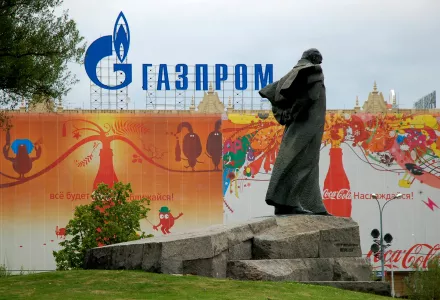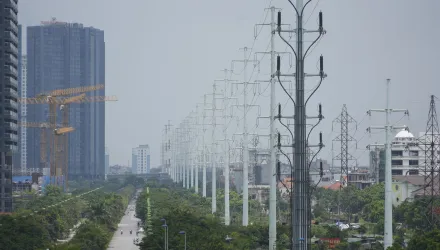
Abstract
This study investigates whether, as part of a broader “Asian Energy Pivot,” Russia’s energy giant Gazprom refashioned its export strategy away from Europe, and what impact such a reorientation might have on the EU–Russia gas relationship. It uses four empirical cases to emphasize the domestic movers underlying Russia’s eastward shift in energy trade, developing a constructivist theory rooted in the dynamics of Russia’s dominant public narrative and the contours of domestic politics. It argues that Russia’s national interests changed as a result of how Russian policy-makers interpreted and reacted to the stand-off with Europe, in response to what they perceived as Europe’s attempt to isolate it economically and geopolitically. Russia’s Eurasianists, who had advocated the notion of a necessary turn to the East for a long time, positioned themselves as norm entrepreneurs and their new interpretation of the preexisting material incentives shaped the future course of action.
Skalamera, Morena. “Understanding Russia’s energy turn to China: domestic narratives and national identity priorities.” Post-Soviet Affairs, December 22, 2017
The full text of this publication is available via Post-Soviet Affairs.





